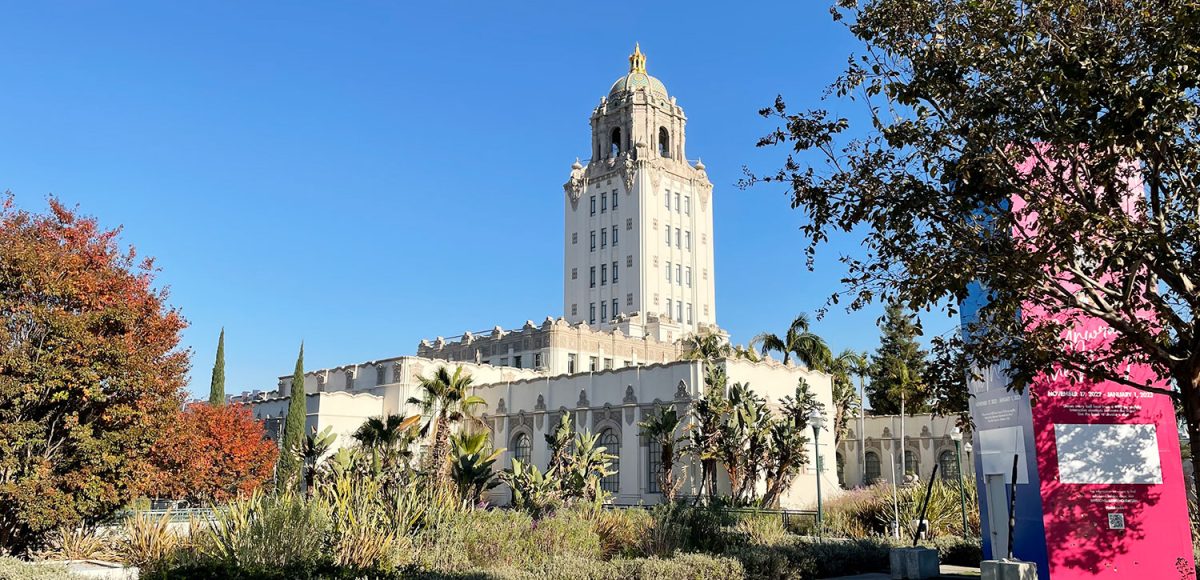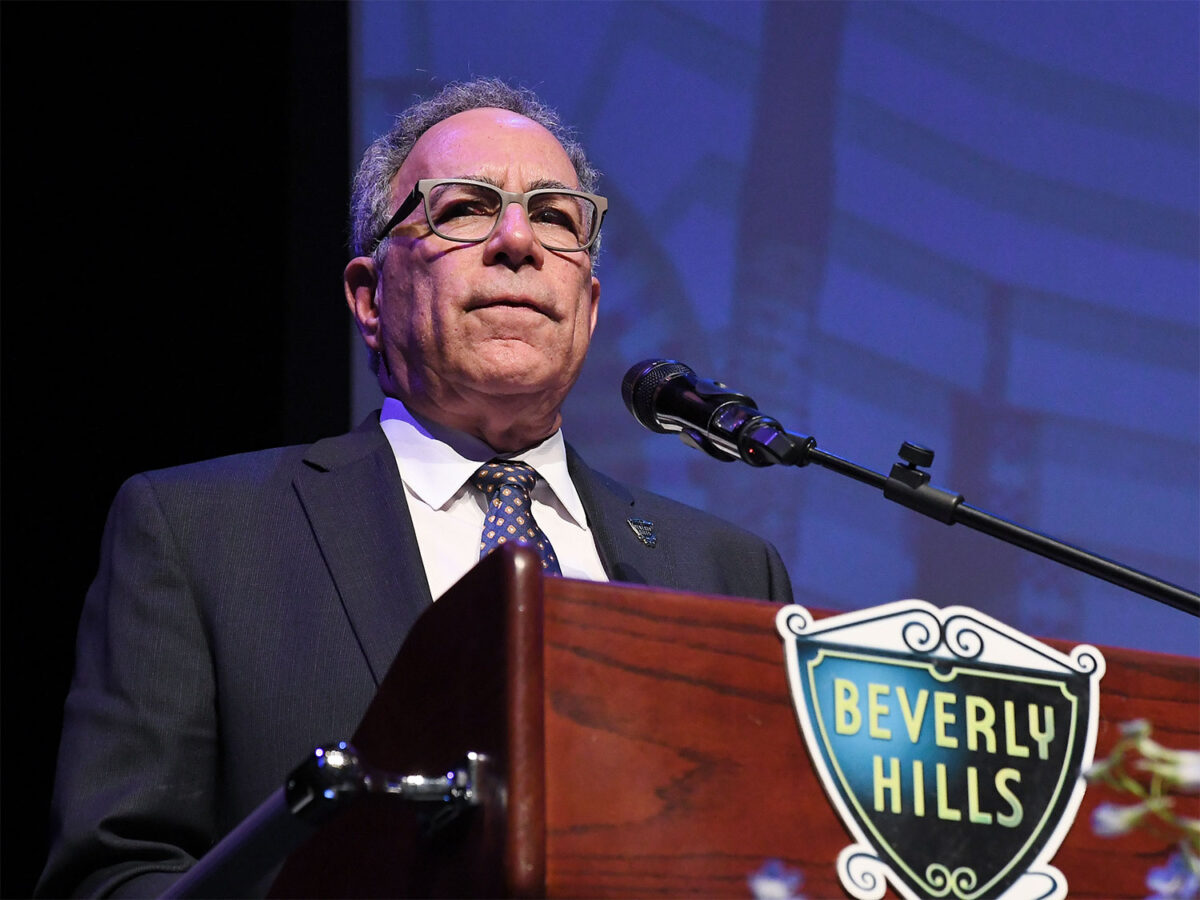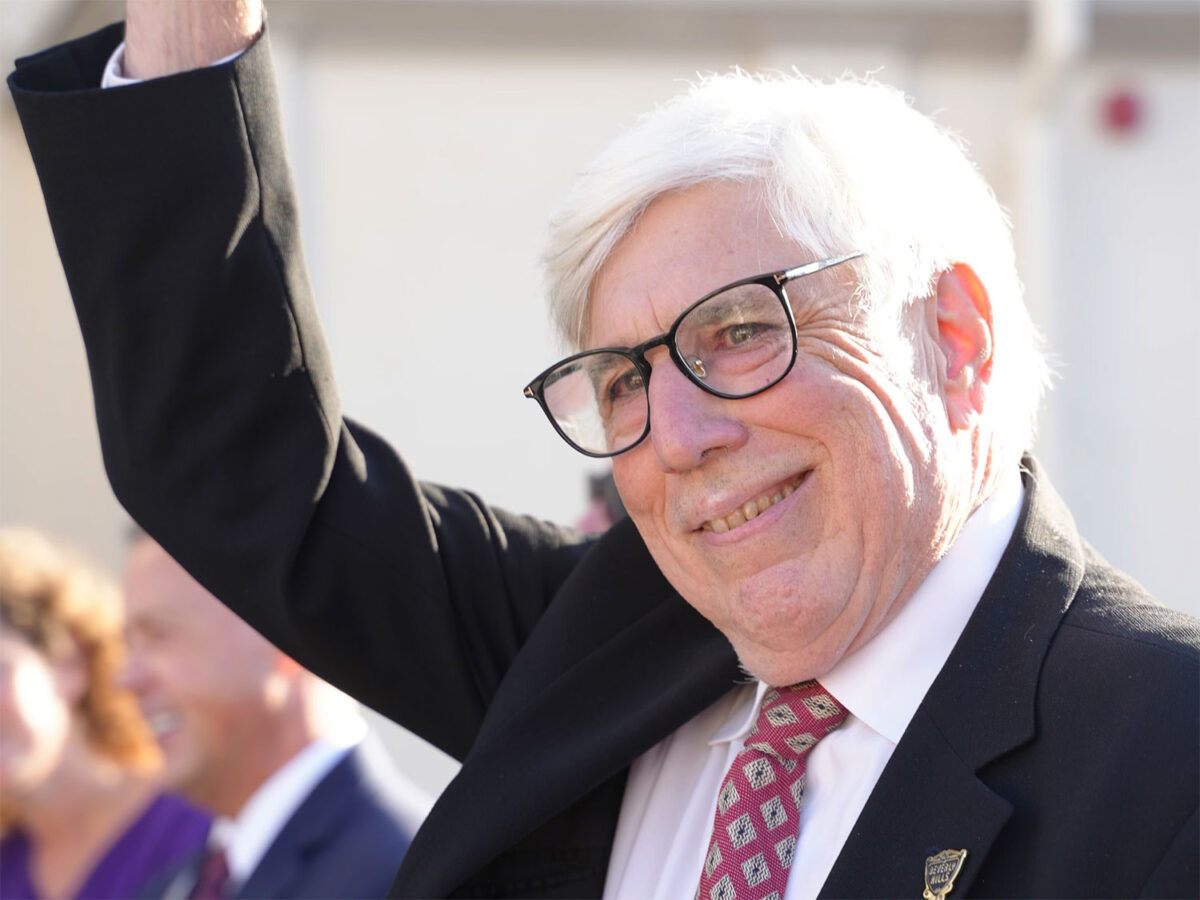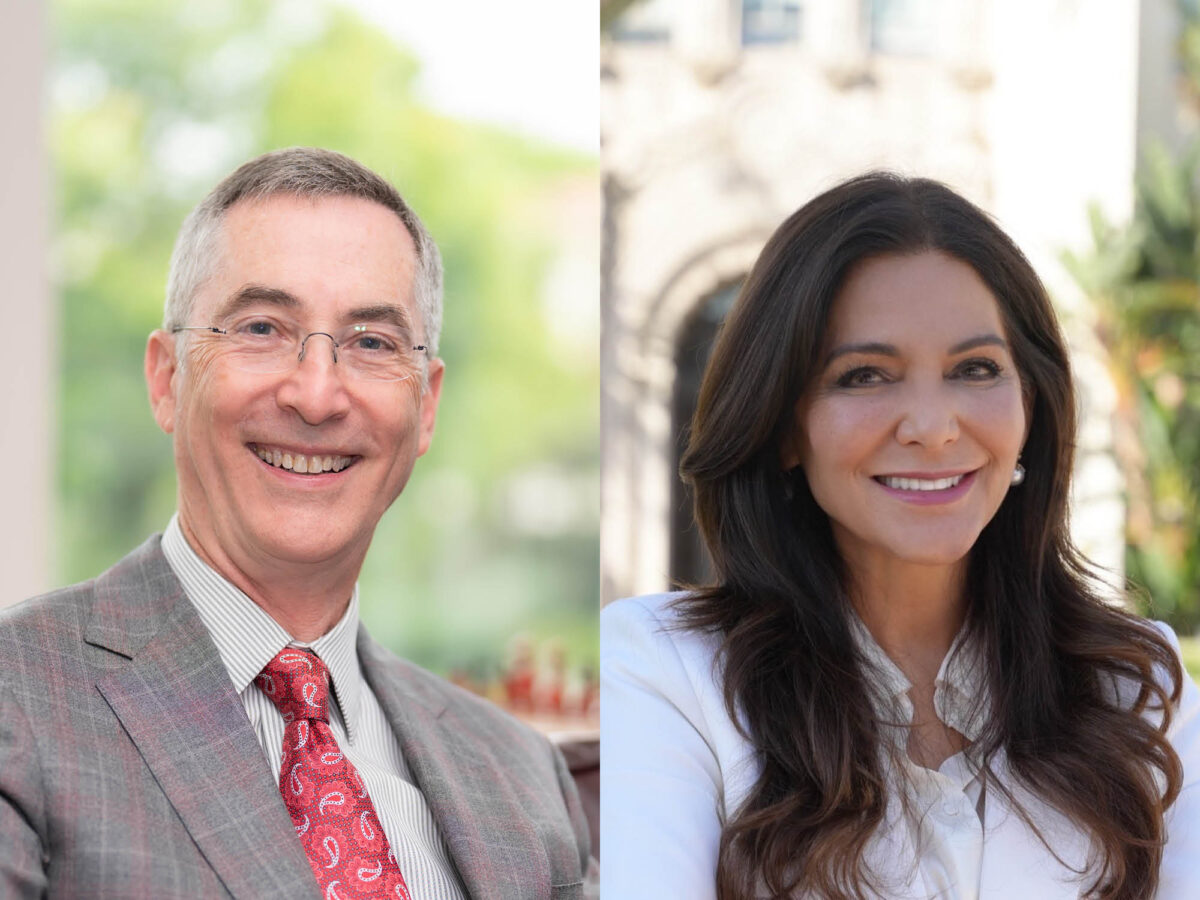The Dec. 6 City Council Study Session invited discussion on four topics, from administrative details to a key pandemic-related program. City Clerk Huma Ahmed provided an update on three upcoming vacancies within the Design Review Commission (DRC). She recapped a meeting held by the DRC’s interview panel three days earlier in which four members, including Councilmembers Friedman and Mirisch, evaluated the discussions they had with each of five applicants. Across the board, panel members felt that the applicants as a whole needed to learn more about the positions they were applying for. As the group could not formally recommend anyone amongst the hopefuls, they requested that the outgoing commissioners have their terms extended until suitable replacements could be found. They also reopened applications until Jan. 13 in the hope of finding better candidates.
Friedman emphasized that it was not a matter of qualifications, but a lack of preparedness that informed the decisions on the applicants.
“I would encourage them to apply again,” Friedman said. “With the caveat that they be familiar with what the Commission does.”
Nazarian said that the panel “needed to do a better job” of communicating expectations. Bosse, who was not part of the interview process, offered her opinion, as well.
“I’m not sure that it’s up to us to teach people how to be prepared,” Bosse said. “We never want just to fill a position on any commission just to fill it.”
Another agenda item made recommendations for two positions on the Recreation and Parks Commission and one on the Community Charitable Foundation (CCF). One panel endorsed Deborah Termeie and John Dzubak, Jr. to begin commission terms in 2023, while another gave the thumbs-up to Lisa Greer for the CCF. Termeie will start on Jan. 1, while Dzubak, Jr. and Greer will wait until July to replace their predecessors.
Marketing and Economic Sustainability Manager Laura Biery introduced the session’s final topic, a proposed extension of the OpenBH program that allowed outdoor operations for businesses in June 2020. Nearly 150 organizations have taken advantage of the program in total, which was later expanded to include parklets and street closures.
Biery reminded the Council that OpenBH relies on temporary Special Event Permits, without fees and valid for 90 days. The program had already been extended for nine months in March 2022, and two main choices were on the table for another – a second nine-month extension that would cause over $1 million in fiscal impact, or a yearlong renewal that would cause roughly $350,000 more.
The Council was once again divided. Bosse supported the first plan, but Gold argued overall uncertainty with phase-out times led him to favor the longer option.
“Realistically, I would give ourselves some time and some breathing room and extend this for a year,” Gold said.







